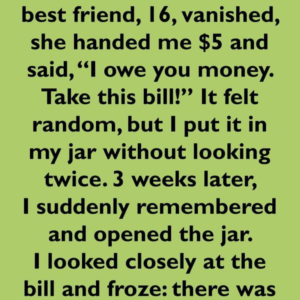“We worry about what a child will become tomorrow, yet we forget that he is someone today” – Stacia Tauscher.
As parents, we often focus on the future, thinking about the adults our children will grow up to be. However, we must not forget the importance of who they are right now—unique individuals with thoughts, ideas, and feelings of their own. One of the most powerful gifts we can give our children is the freedom of expression. This article delves into why giving your child this freedom is critical for their development and how you can foster it effectively.
Understanding Freedom of Expression for Children
Freedom of expression is the right to share ideas, opinions, and feelings without fear of repression, as long as it doesn’t harm others. For children, this freedom extends beyond speech. It encompasses their right to explore thoughts through art, writing, and any form of creative or intellectual expression. Just like adults, children deserve the space to express themselves, whether through words, drawings, or actions.
Children also have fundamental rights that parallel those of adults—freedom of thought, movement, religion, and the right to privacy. These liberties empower them to voice their concerns and participate in decisions that affect their lives, including opinions that might differ from those of their parents. Encouraging this freedom helps children develop confidence, autonomy, and self-worth.
Why Freedom of Expression Is Vital for Children
Allowing children to express themselves plays a pivotal role in their emotional and cognitive development. Philosopher Stuart Mill once emphasized that freedom of expression is essential for society because it allows people to share their ideas, sparking progress and innovation. This idea applies just as much to children—they need the opportunity to contribute their voices to the world around them.
The freedom to express also helps children better understand themselves. Through self-expression, they can explore their emotions, clarify their thoughts, and build problem-solving skills. When children are encouraged to speak up, they learn to stand up for their rights and the rights of others.






